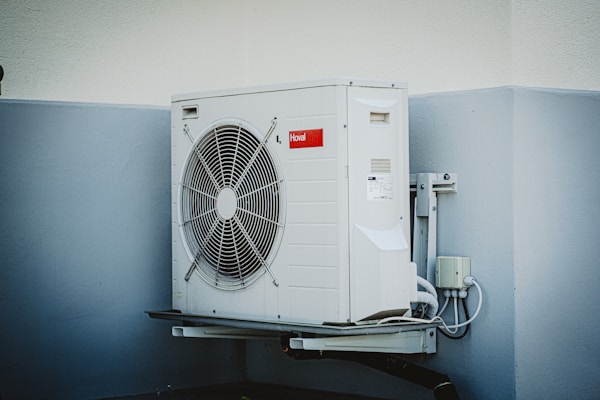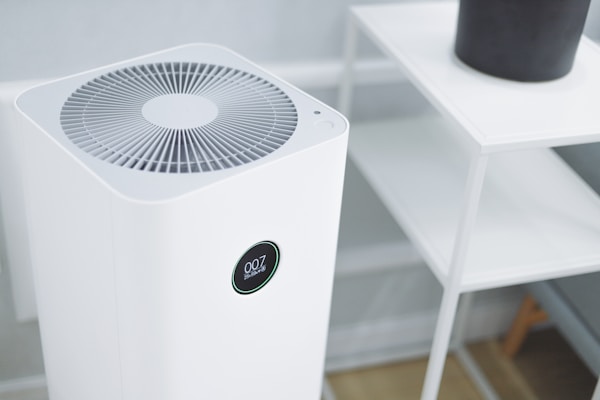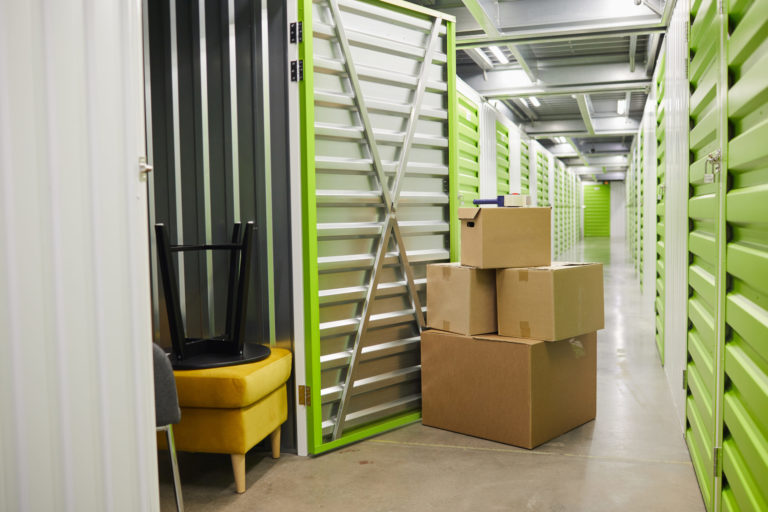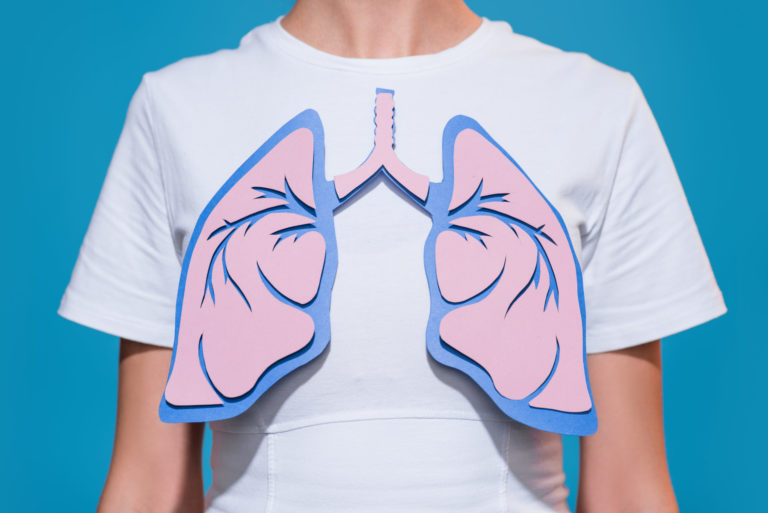Your HVAC is one of the most important systems in your home. Not only does it keep you comfortable all year long, but it also helps to regulate the air quality in your home. As a result, it’s critical to take care of your HVAC system and ensure that it’s in good working order. Unfortunately, many homeowners don’t realize how much of an effect their HVAC system can have on their overall health and wellbeing, especially when it comes to their sinuses. The good news is that there are a lot of things you can do to inform and protect yourself. If you’re not sure where to start, read on to find out how your HVAC system can affect your sinuses.
How can your HVAC system affect your sinuses?

Air conditioner installation is essential if you want to be comfortable at home, but if you don’t take care of your system, it can have a negative impact on your sinuses. Your HVAC system can affect your sinuses in a few ways: by failing to set the appropriate humidity level in your home, circulating dust and other allergens, and affecting the air pressure. High humidity can cause problems for people with sinus problems because it encourages the growth of mold and other allergens. It can also make it more difficult to breathe. Low humidity can have the opposite effect, making the air dry and irritating the sinuses.
Dust and other allergens can aggravate sinus problems and can even cause asthma attacks. Air pressure can affect sinus health as well. When the air pressure is high, it can push mucus and other debris into the sinuses. You can avoid these issues by taking good care of your HVAC system and ensuring that it operates at peak efficiency. This includes scheduling a professional inspection once annually, changing the filter at least every 90 days, and replacing your system when it is no longer working.
If you’re experiencing sinus issues, you should visit an ENT’s office, like the Center for Advanced ENT, Sinus and Voice Care in Staten Island, NY. There are a number of causes of sinus infections, including allergies, a deviated septum, and a growth in the nasal passage. An ENT can help you determine the cause of your infection and prescribe the appropriate treatment. Treatment for sinus infections may include antibiotics, nasal sprays, or surgery
What else can you do to improve indoor air quality?

According to the World Health Organization, indoor air pollution is one of the world’s leading environmental health risks, responsible for millions of deaths annually. In the United States, the Environmental Protection Agency (EPA) reports that indoor air pollution is one of the top five environmental risks to public health. Indoor air pollution can cause a wide range of health problems, including respiratory problems, heart disease, and cancer. In particular, exposure to indoor air pollution can cause asthma, bronchitis, and other respiratory problems.
One of the most effective ways to boost your indoor air quality is by using an air purifier. An air purifier can help remove pollutants and allergens from the air, improving your indoor air quality. They come in a variety of sizes and styles, so you can find one that best suits your needs. Since many air purifiers are now Energy Star certified, you’ll be able to trust that you’re getting a product that is efficient. Just make sure you purchase a purifier that is powerful enough for the room that you intend to place it in.
If you want to protect your health at home, you need to take care of your HVAC system. That means regularly cleaning or changing your air filters, scheduling routine HVAC maintenance, and using a programmable thermostat to optimize your energy efficiency. Dirty air filters can cause a host of health problems, including asthma, allergies, and respiratory infections. They can also lead to increased energy usage and higher utility bills. Follow the advice contained in this article, and you can be sure that you’re breathing clean air when you’re at home.












